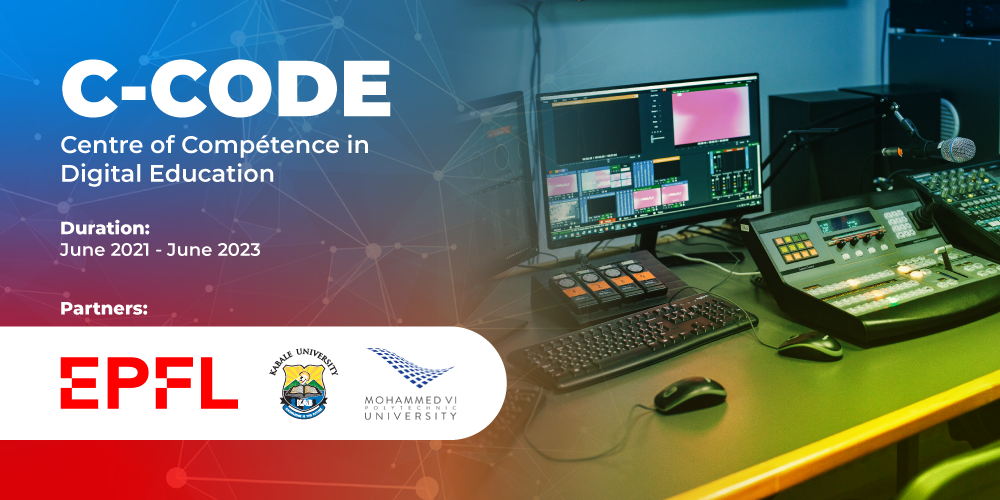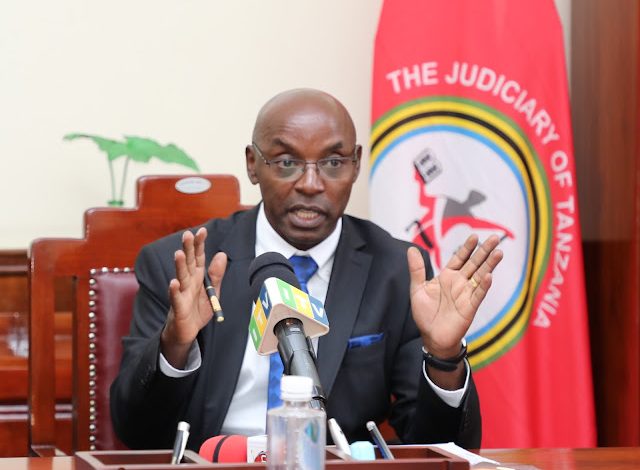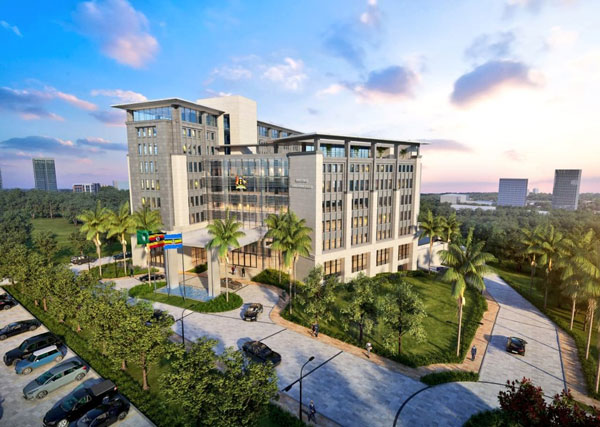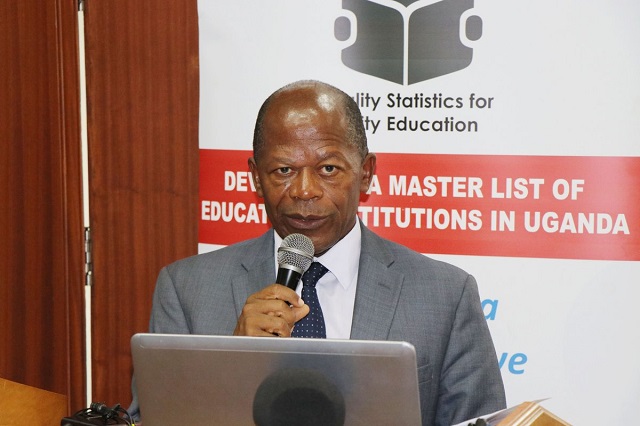Kabale University inaugurated a Center of Competence for Digital Excellence (C-CODE) on Wednesday, February 7, 2024, aiming to facilitate e-learning and address infrastructural challenges and overcrowding at the tertiary institution.
Professor Joy Kwesiga, the University Vice Chancellor, emphasized that the program intends to broaden access to higher education, particularly for students in rural areas, by implementing e-learning initiatives supported by the establishment of an e-library.
Prof. Kwesiga highlighted the center’s impact on primary school teachers who have enrolled in bachelor’s degree programs, noting the time-saving benefits for learners from rural regions who can now study without the need to commute to the university campus.
Additionally, she emphasized the positive effects on pregnant or breastfeeding mothers, as they can pursue their studies while remaining in their homes, thereby fostering a conducive learning environment and potentially strengthening family bonds.
Associate Professor Phelix Businge, the academic leader of Kabale University C-CODE, revealed that the project received joint funding from EPFL of the Swiss government, Mohammed VI University in Morocco, and Kabale University, amounting to Shs300 million. The funding aims to develop infrastructure and produce high-quality digital educational content, including massive online courses.
Johnson Baryantuma Munono, the secretary of Kabale University, highlighted the broad benefits of the C-CODE program, expected to reach all 6,664 enrolled students at the institution. He commended the initiative, noting its exclusivity to Kabale University within Uganda.
Various dignitaries, including Kabale Municipality lawmaker Dr. Nicholas Kamara, Resident District Commissioner Godfrey Nyakahuma, and Brian Masiga from the Research Education Network of Uganda and Mesh Technology, lauded the university’s technological strides.
Dr. Kamara expressed his commitment to advocating for increased government funding to strengthen e-learning nationwide, citing his personal experience of attaining academic qualifications online, signaling the potential for broader accessibility to education through digital platforms.




















